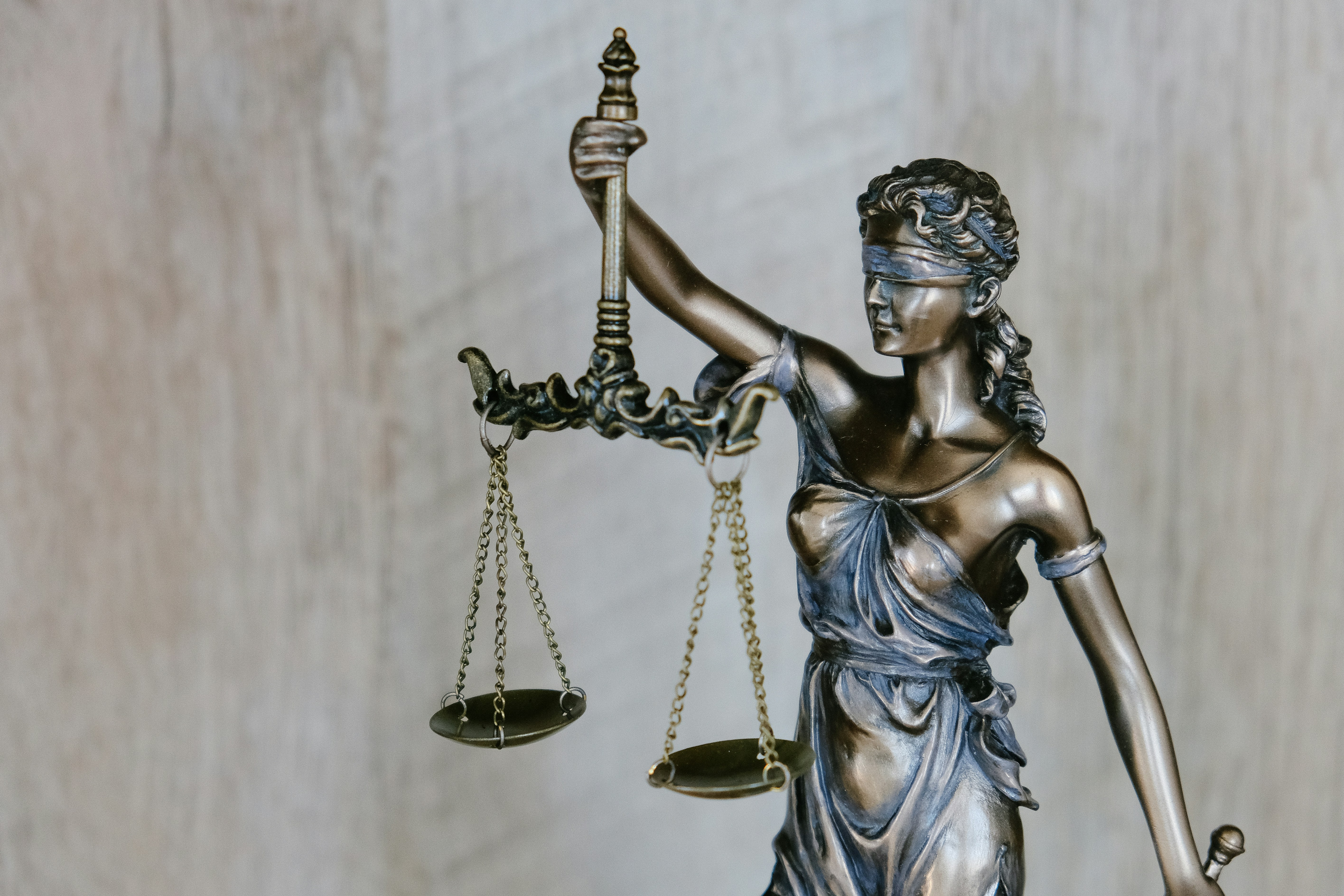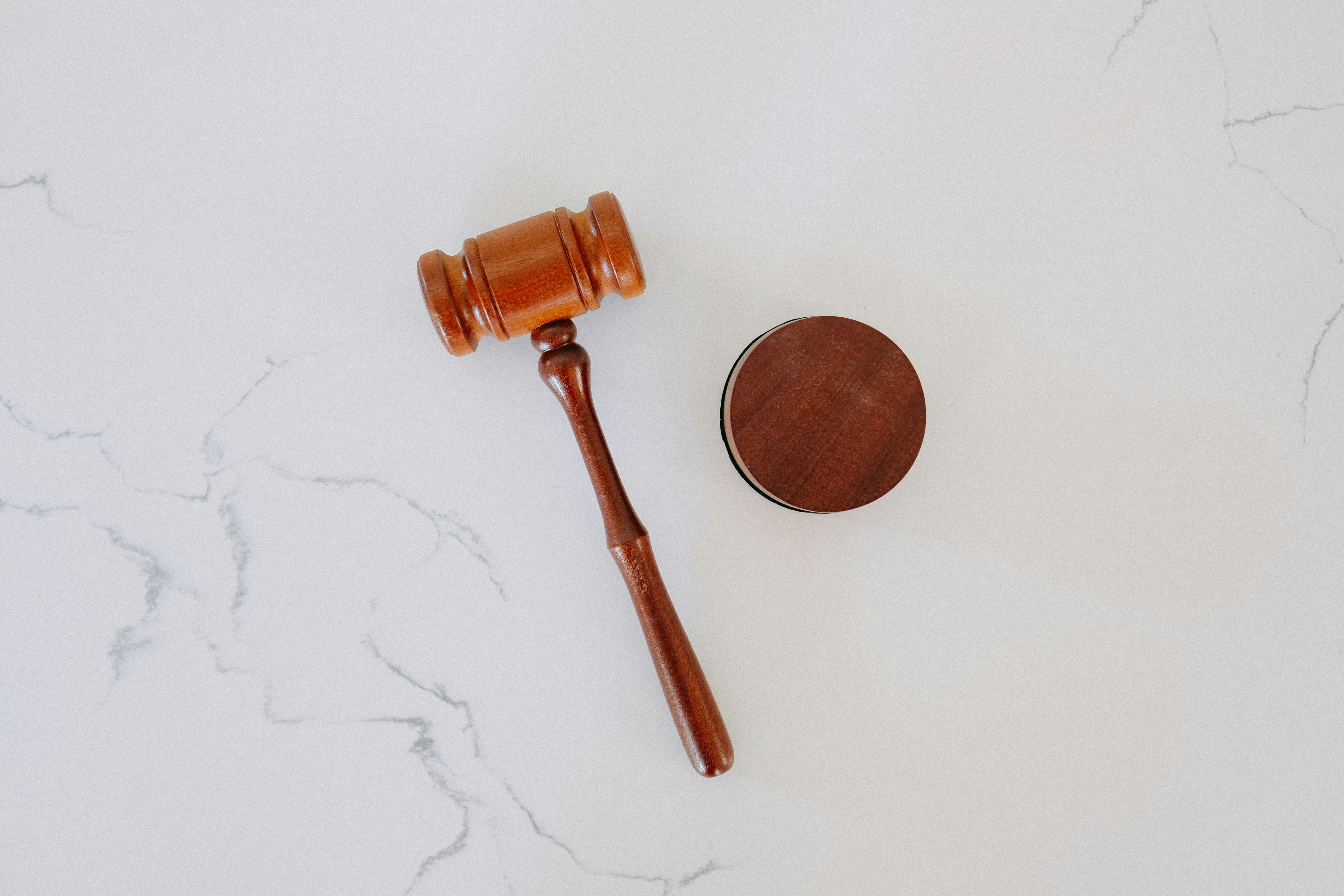In this article, you will learn about the role of a personal injury lawyer and how they can assist you in navigating the legal complexities of your personal injury case. A personal injury lawyer is a legal professional who specializes in representing individuals who have been injured as a result of someone else’s negligence or wrongdoing. They have a deep understanding of personal injury laws and will work diligently to ensure that you receive the compensation you deserve for your injuries and losses.
When you enlist the services of a personal injury lawyer, they will provide you with expert guidance and support throughout the entire legal process. They will conduct a thorough investigation into your case, gathering evidence and interviewing witnesses to build a strong foundation for your claim. Additionally, they will negotiate with insurance companies and other parties on your behalf to secure a fair settlement. If necessary, they will also be prepared to take your case to court and advocate for your rights in front of a judge and jury. By consulting with a personal injury lawyer, you can have peace of mind knowing that you have a skilled legal advocate fighting for your best interests and helping you obtain the justice and compensation you deserve.
This image is property of images.unsplash.com.
Personal Injury Lawyer
If you have been injured due to the negligence or wrongful actions of another person or entity, you may be entitled to compensation for your damages. In such cases, it is essential to seek the services of a personal injury lawyer. A personal injury lawyer specializes in handling legal cases related to personal injuries, advocating for the rights of the injured party and helping them navigate the complex legal process. This article will guide you through the various aspects of personal injury law, the role of a personal injury lawyer, and when it is necessary to hire one.
Definition of a personal injury lawyer
A personal injury lawyer is an attorney who provides legal representation to individuals who have suffered physical, emotional, or psychological harm as a result of someone else’s misconduct or negligence. They are well-versed in personal injury law, which encompasses a wide range of cases, including car accidents, slip and fall accidents, medical malpractice, product liability, and more.
Responsibilities of a personal injury lawyer
A personal injury lawyer has several responsibilities when handling a personal injury case. Firstly, they will evaluate the merits of your case to determine if there is sufficient evidence to pursue legal action. They will investigate the circumstances surrounding your injury, gather evidence such as medical records, accident reports, and witness testimonies, and build a strong case on your behalf.
Once the case is filed, the personal injury lawyer will communicate with insurance companies, negotiate settlements, and ensure that you receive fair compensation for your damages. They will also represent you in court if necessary, advocating for your best interests and fighting for the justice you deserve.
Types of Personal Injury Cases
Personal injury cases can arise from various situations. Here are some common types of personal injury cases that a personal injury lawyer handles:
Car accidents
Car accidents are one of the leading causes of personal injuries. If you have been injured in a car accident due to the negligence of another driver, a personal injury lawyer can help you navigate the legal process, gather evidence, and negotiate with the insurance company to obtain the compensation you deserve.
Slip and fall accidents
Slip and fall accidents can occur at public places or private properties due to hazardous conditions, such as wet floors, uneven surfaces, or inadequate lighting. A personal injury lawyer can assess whether the property owner or occupier was negligent in maintaining the premises, and help you pursue a claim for your injuries.
Product liability cases
Product liability cases arise when a defective or dangerous product causes injury or harm to a consumer. Whether it is a faulty vehicle part, a defective medical device, or a contaminated food product, a personal injury lawyer can help you hold the manufacturer or seller accountable for the damages caused.
How Does a Personal Injury Lawyer Help?
A personal injury lawyer plays a vital role in helping you navigate the complex legal process and obtaining the compensation you deserve. Here are some ways in which a personal injury lawyer can assist you:
Investigating the case
A personal injury lawyer will thoroughly investigate the circumstances of your case to gather evidence that supports your claim. They may visit the accident scene, interview witnesses, review medical records, and collect any other relevant information to build a strong case on your behalf.
Gathering evidence
To prove liability and damages in a personal injury case, it is crucial to have strong evidence. A personal injury lawyer will gather all relevant evidence, including medical records, accident reports, photographs, and expert testimonies, to support your claim and maximize your chances of receiving fair compensation.
Negotiating with insurance companies
Insurance companies often try to settle personal injury claims for the lowest possible amount. A personal injury lawyer has extensive experience in negotiating with insurance companies and will work to ensure that you receive adequate compensation for your injuries and other damages. They will handle all communication with the insurance company, protecting your rights and interests throughout the process.
Understanding Personal Injury Laws
Personal injury laws vary from state to state and can be complex. A personal injury lawyer is well-versed in the specific laws and regulations of your state and can provide you with expert guidance. Some key elements of personal injury laws that you should be aware of include:
State-specific personal injury laws
Each state has its own set of laws and regulations regarding personal injury cases. These laws may govern factors such as the statute of limitations, the standard of proof required, and the types of damages that can be claimed. A personal injury lawyer will have in-depth knowledge of the laws in your state and ensure that your case complies with all legal requirements.
Statutes of limitations
Statutes of limitations set the time limit within which you can file a personal injury claim. If you fail to file your claim within the specified time limit, you may lose your right to seek compensation. A personal injury lawyer will ensure that your claim is filed within the appropriate timeframe, protecting your rights and preserving your legal options.
Comparative negligence
In some states, the concept of comparative negligence applies in personal injury cases. This means that if you are partially at fault for the accident or injury, your compensation may be reduced proportionately. A personal injury lawyer will navigate the complexities of comparative negligence laws, working to ensure that your compensation is not unjustly diminished.
Compensation in Personal Injury Cases
A significant aspect of personal injury cases is the compensation you may be entitled to. Personal injury lawyers work to obtain fair and just compensation for their clients, which may include:
Medical expenses
If you have sustained injuries in an accident, you may be facing substantial medical bills. A personal injury lawyer will help you seek compensation for your medical expenses, including hospital bills, doctor’s fees, prescription medications, rehabilitation costs, and any future medical treatments related to your injuries.
Lost wages
An accident can result in temporary or permanent disability, making it difficult or impossible for you to work and earn income. A personal injury lawyer will help you pursue compensation for the wages you have lost due to your injuries, ensuring that you are not financially burdened by the accident.
Pain and suffering
Physical injuries can cause significant pain and suffering, as well as emotional distress. Compensation for pain and suffering takes into account the physical and emotional hardships you have endured as a result of the accident. A personal injury lawyer will work to ensure that you receive fair compensation for the pain and suffering you have experienced.
When to Hire a Personal Injury Lawyer
Determining when to hire a personal injury lawyer depends on the specific circumstances of your case. However, several factors may indicate the need for legal representation:
Severity of injuries
If your injuries are severe, long-lasting, or permanent, it is crucial to seek the services of a personal injury lawyer. They can help you assess the full extent of your damages and fight for just compensation.
Complexity of the case
Some personal injury cases can be straightforward, while others may involve multiple parties, complex legal issues, or disputes over liability. If your case is complex, having a personal injury lawyer by your side will ensure that your rights are protected and that all legal aspects are properly handled.
Dealing with insurance companies
Insurance companies are notorious for employing tactics to undervalue or deny personal injury claims. If you are dealing with insurance adjusters who are uncooperative or offering inadequate settlements, it is essential to have a personal injury lawyer who will advocate for your rights and negotiate on your behalf.
Choosing the Right Personal Injury Lawyer
Selecting the right personal injury lawyer is crucial to the success of your case. Here are some key factors to consider when choosing a personal injury lawyer:
Experience and expertise
Look for a personal injury lawyer who has significant experience in handling cases similar to yours. A lawyer with expertise in personal injury law will possess the necessary knowledge and skills to effectively represent your interests and achieve the best possible outcome.
Reputation
Research the reputation of the personal injury lawyer and their law firm. Check online reviews, testimonials, and professional accolades to get an idea of their track record and client satisfaction. A reputable lawyer will have a solid reputation for providing excellent legal representation.
Client testimonials
Ask for references or client testimonials from past clients of the personal injury lawyer. Hearing about their experiences and outcomes of their cases can give you valuable insights into the lawyer’s competence, communication style, and dedication to client satisfaction.
What to Expect During the Legal Process
The legal process for personal injury cases typically involves several stages. Here is an overview of what you can expect:
Filing a personal injury claim
Your personal injury lawyer will assist you in filing a formal claim with the appropriate court or insurance company. They will ensure that all necessary paperwork is completed accurately and in a timely manner, laying the foundation for your case.
Discovery phase
During the discovery phase, both parties exchange relevant information and evidence related to the case. This may include medical records, accident reports, witness statements, expert opinions, and more. Your personal injury lawyer will guide you through this phase, ensuring that all information is properly collected and provided to the opposing party.
Settlement negotiations
In many personal injury cases, a settlement can be reached through negotiations with the opposing party or their insurance company. Your personal injury lawyer will represent your interests during these negotiations, striving to obtain a fair settlement that adequately compensates you for your injuries and damages.
This image is property of images.unsplash.com.
Preparing for a Consultation with a Personal Injury Lawyer
If you are considering hiring a personal injury lawyer, it is important to come prepared for your initial consultation. Here are some tips to help you get ready:
Gathering relevant documents
Collect any documents or evidence related to your case, such as accident reports, medical records, photographs, and any communication with insurance companies. These documents will provide valuable information to the personal injury lawyer during the consultation and help them assess the strength of your case.
Preparing a list of questions
Make a list of questions and concerns you have regarding your case. This will ensure that you cover all important points during the consultation and gain a clear understanding of the legal process and your options moving forward.
Discussing fees and payment structure
During the consultation, it is essential to discuss the personal injury lawyer’s fees and payment structure. Most personal injury lawyers work on a contingency fee basis, which means they only get paid if they recover compensation for you. Make sure you understand the fee arrangement and any additional costs or expenses that may be involved in your case.
This image is property of images.unsplash.com.
Conclusion
If you have sustained injuries due to the negligence or wrongful actions of another, a personal injury lawyer can provide the necessary legal representation and guidance to help you obtain the compensation you deserve. With their expertise in personal injury law, understanding of the legal process, and commitment to protecting your rights, a personal injury lawyer can be your strongest ally during this challenging time. By seeking the services of a qualified and reputable personal injury lawyer, you can focus on your recovery while they work to secure the justice and compensation you need to move forward. Don’t hesitate to reach out for a consultation to discuss your specific legal situation and explore your options for pursuing a personal injury claim.





